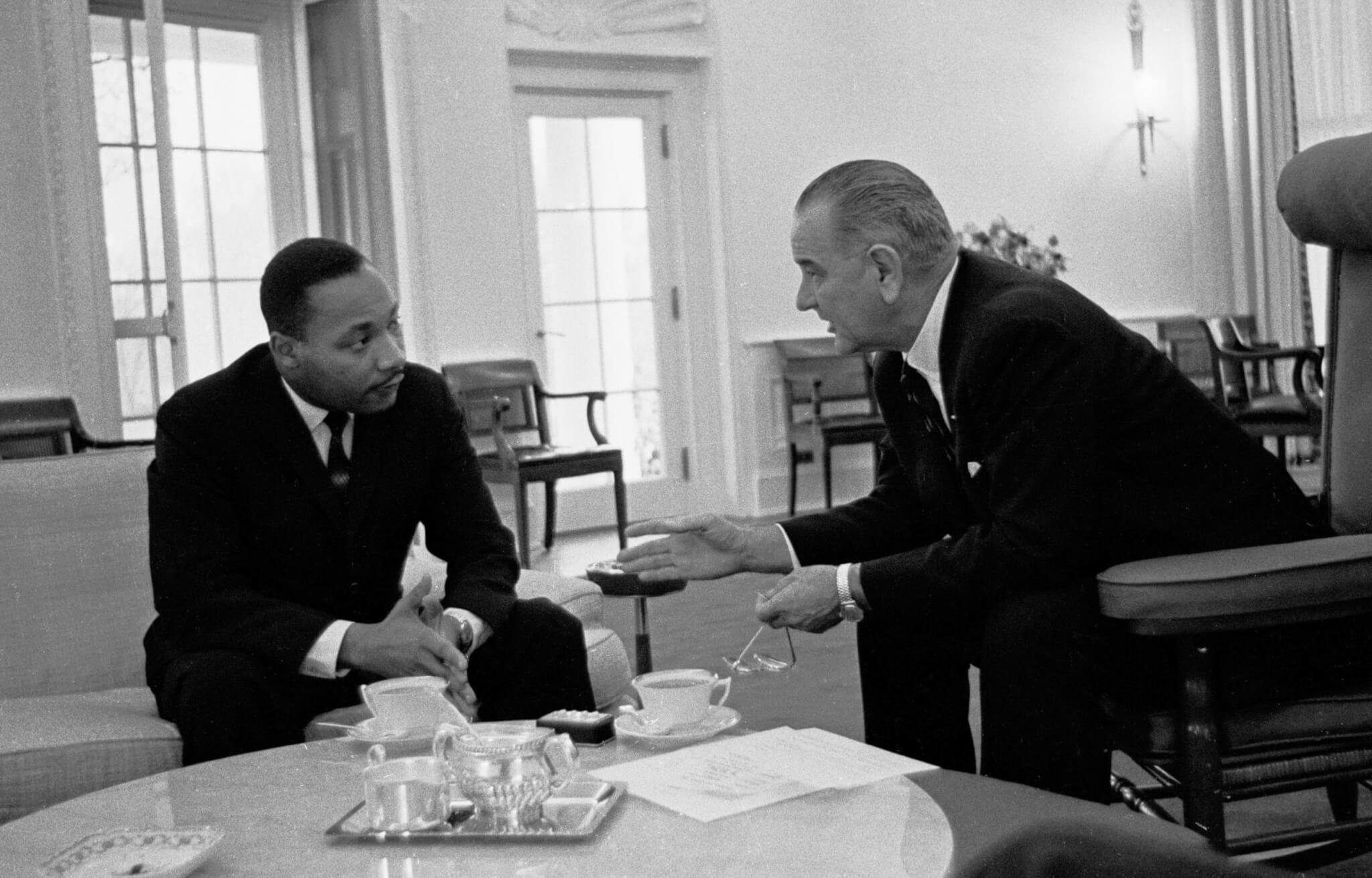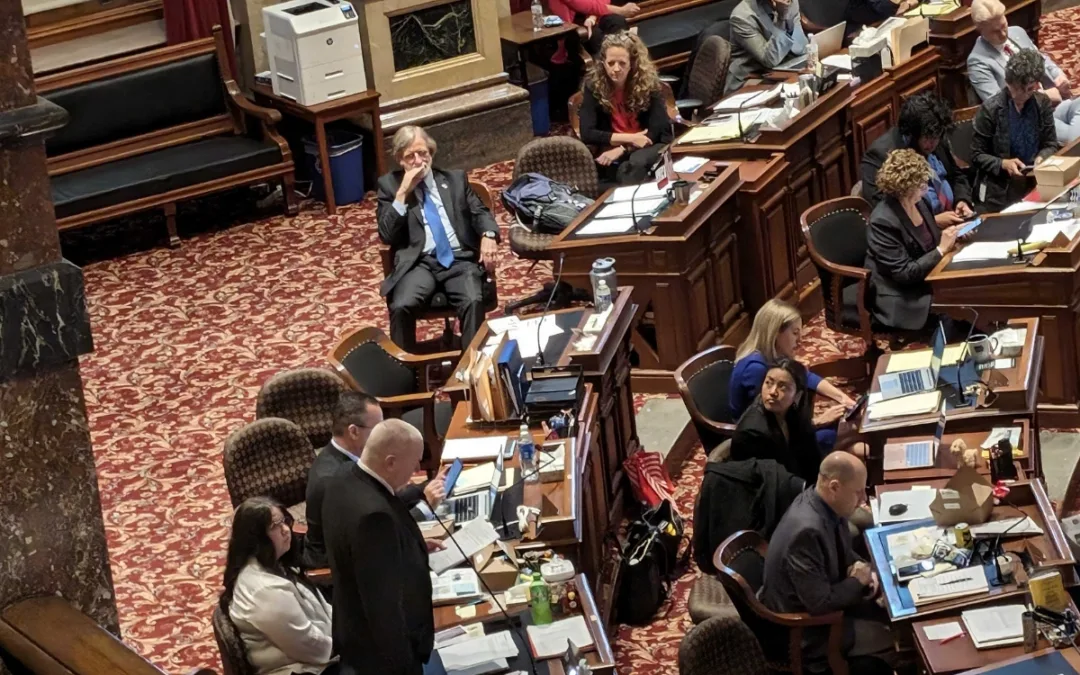
Guest Post from Sean Bagniewski
Voting for the class clown for president hasn’t been funny since middle school. Apparently our Republican friends didn’t get the memo when they voted for Donald Trump as their nominee. He promises a decree banning all Muslim immigrants from entering our country. He has announced plans to not only build a wall along the southern border of the United States, but to also require that our allies in Mexico pay for it. He wants to dismantle the Affordable Care Act, scale back the North Atlantic Treaty Organization, and deport masses of undocumented immigrants.
None of these are particularly popular ideas, so he doesn’t have much in the way of congressional majorities or teams of state governors or international coalitions in mind to do any of this. His plan, really, is just that he’s going to do it. All other elected officials who don’t support him are corrupt. Anyone in his own party who criticizes him is bought. Any of his plans must be forced because all government is all terrible. This idea that any compromise is bad and that one needs to tear the whole system down to make change is shared by Tea Partiers, a former Iowa candidate for the US Senate, and even the supporters of Brexit. Espousing bad policies is one thing, but the idea that any compromise is selling out is far more dangerous.
Take Abraham Lincoln and the Emancipation Proclamation. We remember the paintings of how it happened, the angels descending from the heavens, sunlight blanketing Lincoln’s face. What did it really look like? It was a shrewd, Midwestern politician sensing that the Civil War was almost over and that the returning Southern states might quickly legislate his executive order away. Tough negotiations followed, arm-twisting ensued, federal jobs were promised (thankfully there are laws against that now), and the Thirteenth Amendment passed by a mere two votes. Millions of former slaves were forever free.
Fast forward several decades and we have Franklin Roosevelt, the most evoked and perhaps the least understood president of this election cycle. The popular image is the liberal champion stampeding change like a bull in a china shop. The opposite could hardly be more true. The blowhards of his day, Father Charles Coughlin and Governor Huey Long, claimed he wasn’t liberal enough and that he was a shill for the business class. Contemplating a presidential run himself, Long once said “I can outpromise him and he knows it.”
Instead, Roosevelt would tell his advisors that a good leader never gets too far ahead of his own people. His First Hundred Days of compromises with bipartisan votes kick-started the New Deal, the Civilian Conservation Corps, the Tennessee Valley Authority, and an alphabet soup of progressive government programs. Roosevelt was a world-class speechmaker and his fireside chats were listened to by millions. The lofty speeches, though, were always secondary to the real objective – legislation.
We can also look to President Lyndon Johnson and Dr. Martin Luther King Jr in the aftermath of the assassination of President John F. Kennedy. In proposing the Civil Rights Act, LBJ was called a traitor by his fellow Southern Democrats. Dr. King was denounced for not being radical enough by younger activists in the Student Nonviolent Coordinating Commitee. After months of telephone receiver diplomacy, Johnson twisted arms and made promises to break a Democratic filibuster with the help of like-minded Republicans. The Voting Rights Act followed the next year.
Today we have former US Senate candidate Tom Fiegen saying President Obama isn’t progressive enough and that he should be indicted. That’s garbage. The poetry of candidate Obama has been replaced by the prose of governing as President Obama. That’s how it always goes. To say he’s a failed president because he’s had to negotiate to get things done makes no sense when you look at his record of the Recovery Act, Obamacare, and the like. It’s always funny that those screaming for ideological purity in their public servants are so often the entitled few who are less likely to be the ones who actually depend on the good things government can do.
We’re fortunate in that the two most prominent Democratic candidates of 2016, Hillary Clinton and Bernie Sanders seem to get it. Both are senators. Both have spent decades in the rough and tumble of public service, with plenty of successes and failures to go around. Seeming to accept that his historical campaign for the presidency is nearing its end, Bernie has called for thousands of his supporters to run for local offices, for school boards, and for the state legislatures. If he does that, he’ll have an impact on public service that rivals being elected to the presidency itself.
Progress is about getting good people to run for office. Progress is about getting those people to get things done when they get in office. Progress is knowing when to take a damn deal. Progress requires doorknocking and phonebanking and even fundraising for worthy causes. Progress requires strong candidates who can be vocal and take a stand in blue districts and moderates who can get elected in purple districts. Progress is studying the issues, talking to voters about them, and compromising with like-minded folks on both sides of the aisle. The stakes have never been higher. Ideological purity is a luxury. Compromise is often the means. Progress is the end.
by Sean Bagniewski
Posted 7/7/16
Politics

AEAs cutting workers in wake of Republican legislation
Iowa legislators said a new bill cutting money for agencies that help students with disabilities wouldn't affect services. But area education...

He said what? 10 things to know about RFK Jr.
The Kennedy family has long been considered “Democratic royalty.” But Robert F. Kennedy, Jr.—son of Robert F. Kennedy, who was assassinated while...
Local News

No more Kum & Go? New owner Maverik of Utah retiring famous brand
Will Kum & Go have come and gone by next year? One new report claims that's the plan by the store's new owners. The Iowa-based convenience store...

Here’s a recap of the biggest headlines Iowa celebs made In 2023
For these famous Iowans, 2023 was a year of controversy, career highlights, and full-circle moments. Here’s how 2023 went for the following Iowans:...





